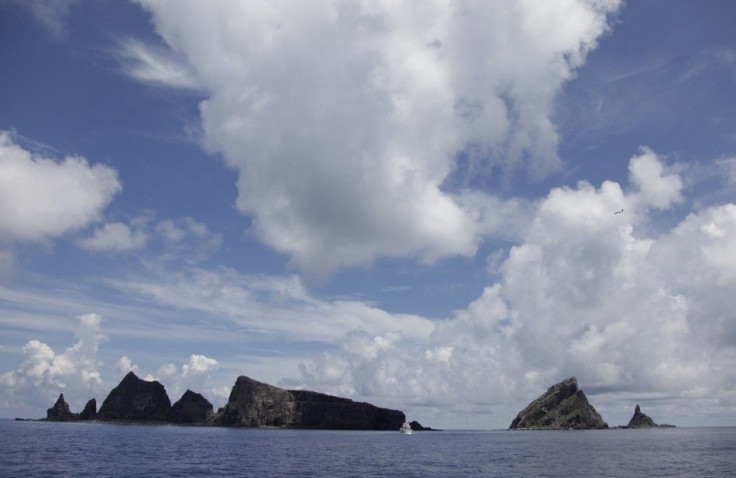Senkaku Islands Dispute May Hurt Japan?s Recovering Tourism Industry

When China and the Philippines sparred over the disputed Scarborough Shoal (known as Huangyan Island in China) this past May, the People's Republic canceled all outbound travel to the Philippines, dealing a direct blow to an industry vital to the nation's economy. Substitute Japan for the Philippines and Senkaku Islands (known as Diaoyu Islands in China) for Scarborough Shoal, and you've got history repeating this September.
The latest row began in earnest when a right-wing Japanese politician vowed to buy the East China Sea Islands from their private owners, the Kurihara family, in order to protect them from Chinese encroachment. When the Japanese government purchased the disputed islands last week for 2.05 billion yen ($26.2 million), China was none too pleased, sending marine patrol ships inside the Japanese-claimed waters surrounding the islands, protesting at Japanese-owned companies and boycotting well-known Japanese brands.
Part of the protest included limiting trade between the two nations. China's National Tourism Administration, for one, ordered travel companies to cancel all tours to Japan over the weeklong National Day holiday in early October, the Associated Press reported, citing an unnamed source who saw a written order from the government. The holiday is one of two annual occasions during which many Chinese travel internationally.
Others have, according to Shanghai Daily, canceled their trips to Japan out of concerns for their safety. The paper reports that Shanghai-based Spring Airlines predicts a 30 percent decline in passenger numbers on China-Japan routes due to the escalating tensions between the two nations.
Government-based Japan Tourism Agency says Chinese tourists are the country's largest spenders, accounting for almost a quarter of the total spending by foreign travelers at an estimated 196.4 billion yen ($2.43 billion) in 2011. Many Chinese tourists not only come to Japan for holidays, but to purchase expensive products such as watches, cameras and other consumer electronics.
The Japan National Tourism Organization worries that Chinese visitor numbers may decline as much as 20 percent because of the current dispute -- troubling news for a nation still rebounding from last year's tsunami and nuclear-power crisis. Visitor numbers plunged by 28 percent in 2011 after the disaster, which prompted fears of radiation leaks and caused ongoing power shortages that continue to this day.
Japan was forced to cut prices and ease visa requirements for Chinese visitors to help bolster the nation's recover. Ryoichi Matsuyama, head of JNTO, announced in July that the plan had worked, with the number of international visitors to Japan in the first half of 2012 rising to pre-earthquake levels.
If the current dispute escalates, however, visitor numbers for the rest of the year may not be as rosy.
© Copyright IBTimes 2025. All rights reserved.





















